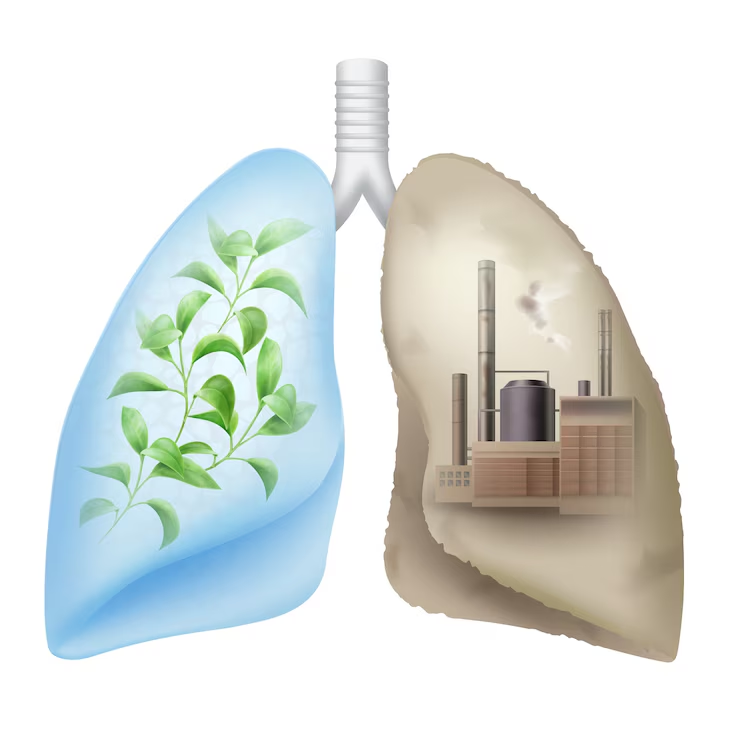Welcome to the Gas Exchange quiz! In this quiz, you will learn all about how our bodies take in oxygen and release carbon dioxide through a process called gas exchange. This critical process happens in our lungs, where tiny air sacs called alveoli help us breathe in fresh air and get rid of waste gases.
Have you ever wondered how we can breathe in oxygen and stay alive? In this quiz, you will discover the fascinating details of how our respiratory system works to ensure that our bodies receive the oxygen they need to function correctly. Get ready to dive into the world of gas exchange and test your knowledge of this essential biological process!
Play Gas Exchange Quiz
Instructions
- This quiz is multiple choice.
- Read each question carefully before selecting an answer.
- Choose the best answer for each question.
- You will see the missed questions with correct answers at the end of the quiz.
Quick Facts
- During respiration, tiny molecules move between the lungs and bloodstream.
- Plants also undergo a similar process, where they absorb carbon dioxide and release oxygen.
- Without efficient gas exchange, our bodies would not be able to get rid of waste products like carbon dioxide.
- Gas exchange occurs in specialized structures like alveoli in the lungs and stomata in plant leaves.
- Animals with gills, like fish, rely on water for gas exchange instead of air.
- When we breathe in, oxygen is taken in and when we breathe out, carbon dioxide is released.
- Gas exchange is essential for providing cells with the oxygen they need to function properly.
- During exercise, our bodies increase the rate of gas exchange to supply more oxygen to working muscles.
- Insects have a network of tiny tubes called tracheae for gas exchange instead of lungs.
- Gas exchange is a continuous process that happens automatically without us having to think about it.
Downloads
Study Tips
- Create a study schedule and stick to it.
- Find a quiet and comfortable study environment.
- Remove distractions such as phones and social media.
- Take breaks every 25-30 minutes to avoid burnout.
- Use active studying techniques like summarizing, highlighting, and teaching concepts to someone else.
- Practice retrieval by testing yourself with flashcards or practice quizzes.
- Stay organized with notes, study guides, and resources.
- Stay hydrated and eat brain-boosting foods like fruits, nuts, and whole grains.
- Get enough sleep to improve memory retention and cognitive function.
- Reward yourself for reaching study goals to stay motivated.
